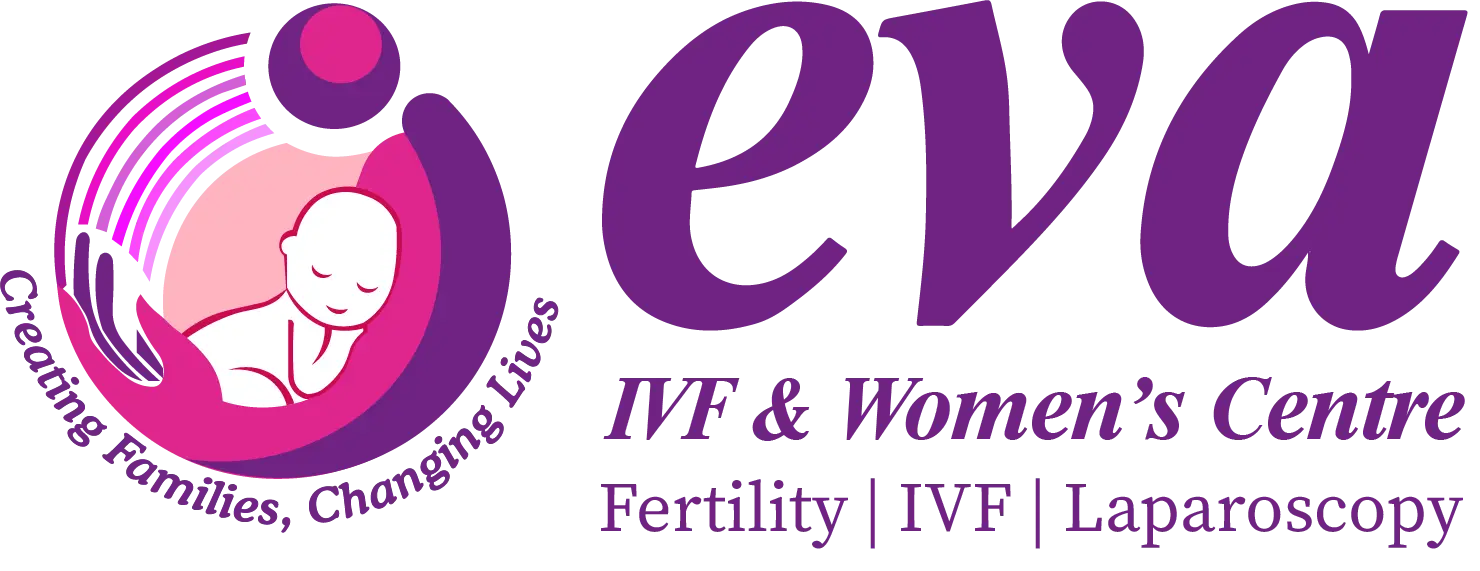Endometriosis and IVF: A Step-by-Step Guide to Maximizing Success
What is Endometriosis?
Endometriosis is a medical condition where tissue similar to the lining of the uterus grows outside of it, typically on the ovaries, fallopian tubes, and the tissue lining the pelvis. This misplaced tissue can cause inflammation, pain, and the formation of scar tissue, leading to various symptoms.
Common symptoms of endometriosis include pelvic pain, especially during menstrual periods, pain during intercourse, excessive bleeding, infertility, and digestive issues like diarrhea, constipation, or bloating, especially during menstruation. Diagnosis usually involves a combination of a medical history review, pelvic exam, and imaging tests, often followed by a surgical procedure called laparoscopy for confirmation and treatment planning. Early diagnosis and treatment can help manage symptoms and improve quality of life for those affected by endometriosis.
Can IVF be used for Women with Endometriosis?
A Step-by-Step Guide for IVF and Endometriosis:
- Consultation and Evaluation:
- Pre-Treatment Preparation:
- Ovarian Stimulation:
- Egg Retrieval:
- Fertilization:
- Embryo Culture:
- Embryo Transfer:
- Pregnancy Test:
- Follow-up and Support:
